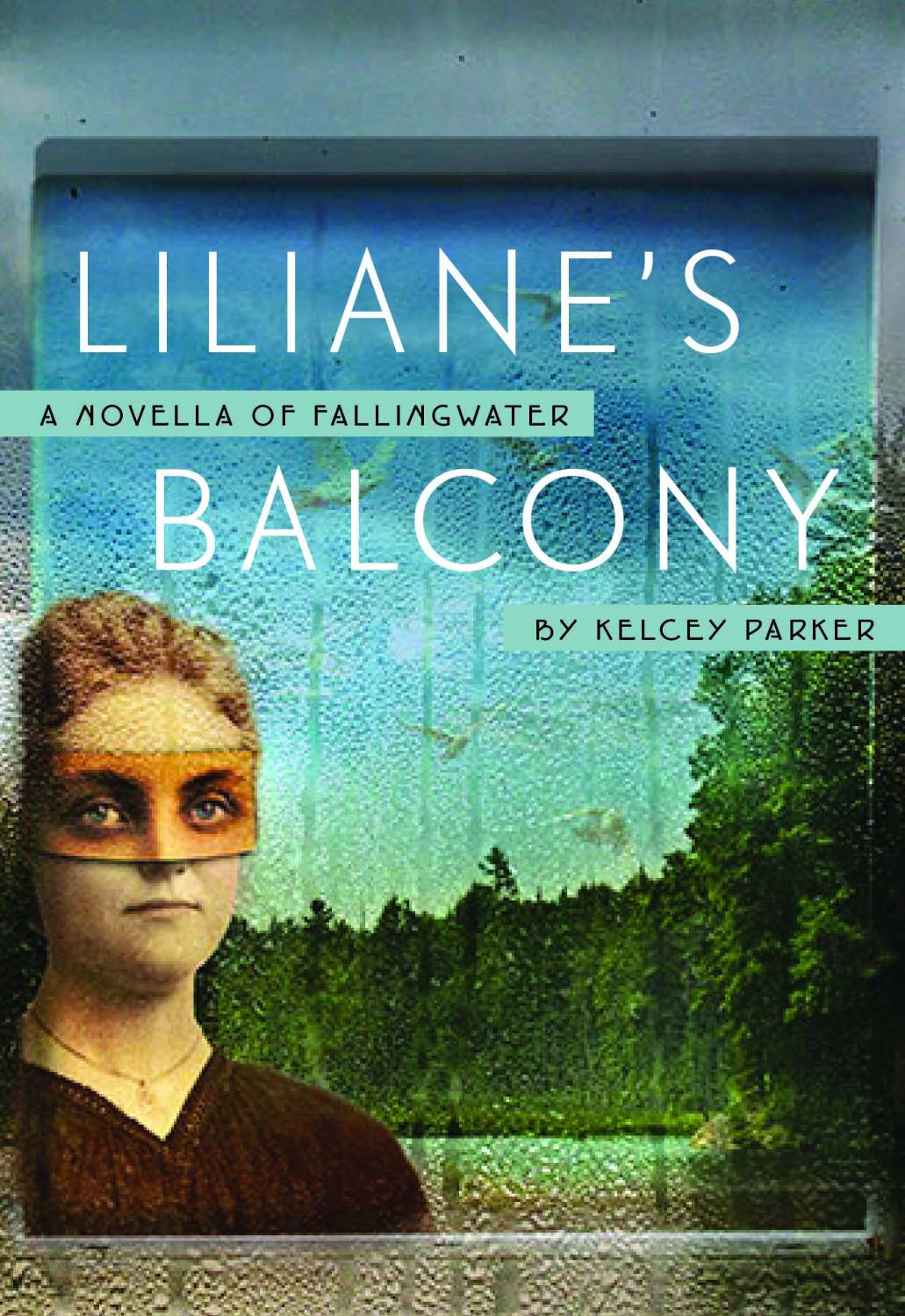…there you were, insecure and filled with longing as I was for the same reason, willing to forego comfort, to risk failure and absurdity, to do the preposterous thing that no one really wanted us to do…

Dear Larry,
I’m calling you Larry because you’re dead–how could you mind? I’d intended to write you while you lived, but then you went and died, too soon, at the age of 53, surprising us all I’m guessing. I first learned about your work when I was living in Maryland, a few years before I decided to attend graduate school for creative writing. The Washington Post ran an article about you and your most recent book, On Fire. I was attracted to the book and your story, probably the way many people are attracted to the lives and stories that can never be theirs. As a child, I had fantasized about doing boy things–playing baseball, fighting fires, flying planes–but I was not the kind of girl to push her way into worlds where she wasn’t welcome (let’s leave aside the issue of skill and potential for success). I was timid but sassy enough to be grumpy about all the places I couldn’t go.
 Anyway, I bought your book for my firefighter brother, but I read it before I gave it to him. I fell in love with your voice, your wry humor, the way you sounded so settled and comfortable in your own skin; you had nothing to prove. I don’t know if that’s how you were in life, but that’s how you sounded on the page.
Anyway, I bought your book for my firefighter brother, but I read it before I gave it to him. I fell in love with your voice, your wry humor, the way you sounded so settled and comfortable in your own skin; you had nothing to prove. I don’t know if that’s how you were in life, but that’s how you sounded on the page.
Then I fell in love with your beautiful stories in Big Bad Love. The voice again (“My dog died,” the dry humor, the spot-on drunk and heavily accented Mississippi dialogue (“‘Vemma. You know Vemma?’ “Velma? Velma White?’…’Vemma’s gossum good pussy'”). The desire plaguing your characters transcended gender. Leon Barlow, the aspiring writer of “92 Days,” kept on, even though he’d lost his family, his job, and his money. I could be Leon Barlow–you were Leon Barlow, before you became Larry Brown, author, some time after Larry Brown, United States Marine and Larry Brown, Oxford, Mississippi firefighter. A space and persona we both could inhabit: there you were, insecure and filled with longing as I was for the same reason, willing to forego comfort, to risk failure and absurdity, to do the preposterous thing that no one really wanted us to do; the world doesn’t beg would-be writers to write in the same way it encourages students into accountancy, nursing, teaching. You might have been a more unlikely writer than I, but you came from that magic town of storied storytellers, and surely no one could be very surprised to find you enchanted.
Shortly after your death, my husband and I had a minor car accident in Cumberland, Maryland. We weren’t hurt, but our car was. Without phones or cash, we banged on the door of the Moose Lodge (now defunct, replaced by a carpet warehouse). Inside, the bar manager, Budroe, let us use his phone (wallpaper: Golden Retriever) and gave us beers. The story I set in Cumberland features a dead character named Larry and a narrator trying to cope with his demise. They’d been having an affair. At the end, she’s left holding a crock of baked beans, shut out of the community, understanding that she needs to move on. She’s been stalled, you see, occupying space that didn’t belong to her. The fantasies, so vivid! Other people’s jobs, lives, spouses, writing prompts. I still adore your prose, and I embarrass myself by reading aloud to my students the drunk dialogue in “92 Days,” except I’m so besotted with your words that truly I feel no shame. Thank you for the joy, and thank you for being one of my literary fathers. I would never admit that last bit, if you were still living, pride being what it is.
Yours,
Margaret Luongo
————————
[This is the third post in the new Letters to Dead Authors series.]

Margaret Luongo
Margaret Luongo is a short story writer who teaches creative writing and contemporary fiction at Miami of Ohio. Her stories have appeared in Tin House, The Cincinnati Review, Granta.com, The Pushcart Prize anthology and elsewhere. She is the author of two story collections, If the Heart is Lean (2008) and History of Art (2016), both published by LSU Press. A discussion of her new collection can be found here.
Larry Brown (1951-2004) is a writer from Oxford, Mississippi, who wrote two story collections, six novels, and two books of nonfiction. His sixth novel, A Miracle of Catfish, was published, unfinished, after his death. Before becoming a writer, Brown failed a high school english course, served two years in the Marine Corps and seventeen years as a firefighter in the Oxford City fire department. His obituary can be found here.








